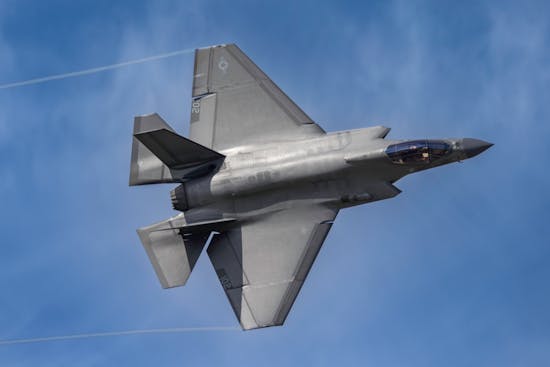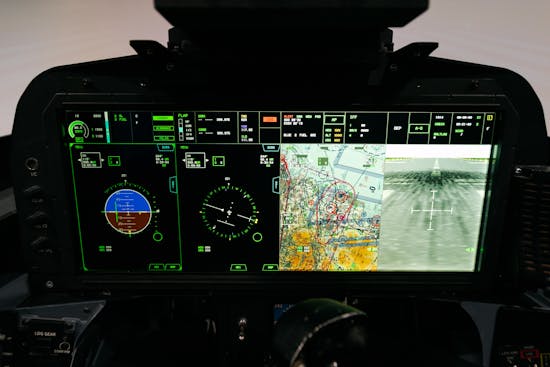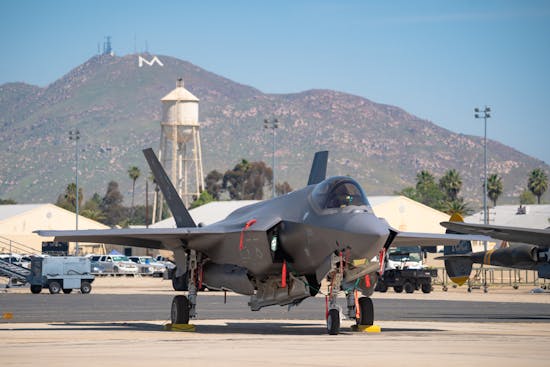
Keeping cutting-edge defense programs on track often requires significant, ongoing investment. A recent contract action highlights this reality for the sophisticated F-35 fighter jet program. The U.S. Navy has just moved forward with a substantial modification to an existing agreement.
Lockheed Martin Corporation's Aeronautics division is the recipient of this action. The company was awarded a not-to-exceed $180 million undefinitized cost modification. This adjustment adds crucial new scope to a previously awarded contract. It underscores the dynamic nature of large-scale defense procurement.
Converting Jets for Critical Testing
So, what does this $180 million cover? The funds are earmarked for procuring the necessary materials, parts, and components. The goal is to convert three existing production F-35 aircraft. These jets will become dedicated flight science replacement aircraft.
Why the need for these specific test planes? The justification points to preventing gaps in testing capability. As the F-35 program evolves, rigorous testing is essential. These new flight science aircraft are needed to ensure future upgrades can be thoroughly evaluated. They play a vital role in validating performance and safety.
Focus on Block 4 Advancements

The timing aligns with the ongoing development of F-35 Block 4 capabilities. This represents the next major upgrade package for the versatile aircraft. Block 4 aims to significantly enhance the jet's computing power, sensor fusion, and electronic warfare abilities. It also incorporates new weapon systems.
Testing these advanced Block 4 features requires specialized assets. The converted flight science aircraft will provide a platform for this holistic testing. This ensures the upgrades work seamlessly across different service branches and partner nations. It's a critical step before deploying these enhancements widely.
International Implications and Program Reach
This contract modification isn't just a domestic U.S. matter. The F-35 program involves numerous international partners and customers. The testing supported by this funding directly benefits them as well. The work ensures Block 4 capabilities meet the needs of the U.S. Air Force, Marine Corps, and Navy.
It also supports non-U.S. Department of Defense (DoD) program partners. Furthermore, it caters to Foreign Military Sales (FMS) customers who operate the F-35. Ensuring robust testing benefits the entire global F-35 fleet. It maintains interoperability and leverages shared development costs.
Work Distribution and Timeline

Conversion work will be spread across several locations. Fort Worth, Texas, will handle a significant portion (30%). El Segundo, California (25%), and Warton in the United Kingdom (20%) also play major roles. Smaller portions occur in Florida, New Hampshire, Denmark, and Maryland.
This geographic spread reflects the complex international supply chain behind the F-35. The project is expected to run for several years. The anticipated completion date for this conversion work is December 2028. This timeline highlights the long-term planning involved in major defense upgrades.
A Commitment to Maintain and Upgrade
Lockheed Martin received a $180M Navy contract modification for the F-35 program. Funds will transform three jets into crucial flight science aircraft. This supports the testing of advanced Block 4 capabilities for US forces, partners, and FMS customers.
This investment highlights the ongoing commitment required to maintain and upgrade sophisticated defense platforms like the F-35 for global security needs.